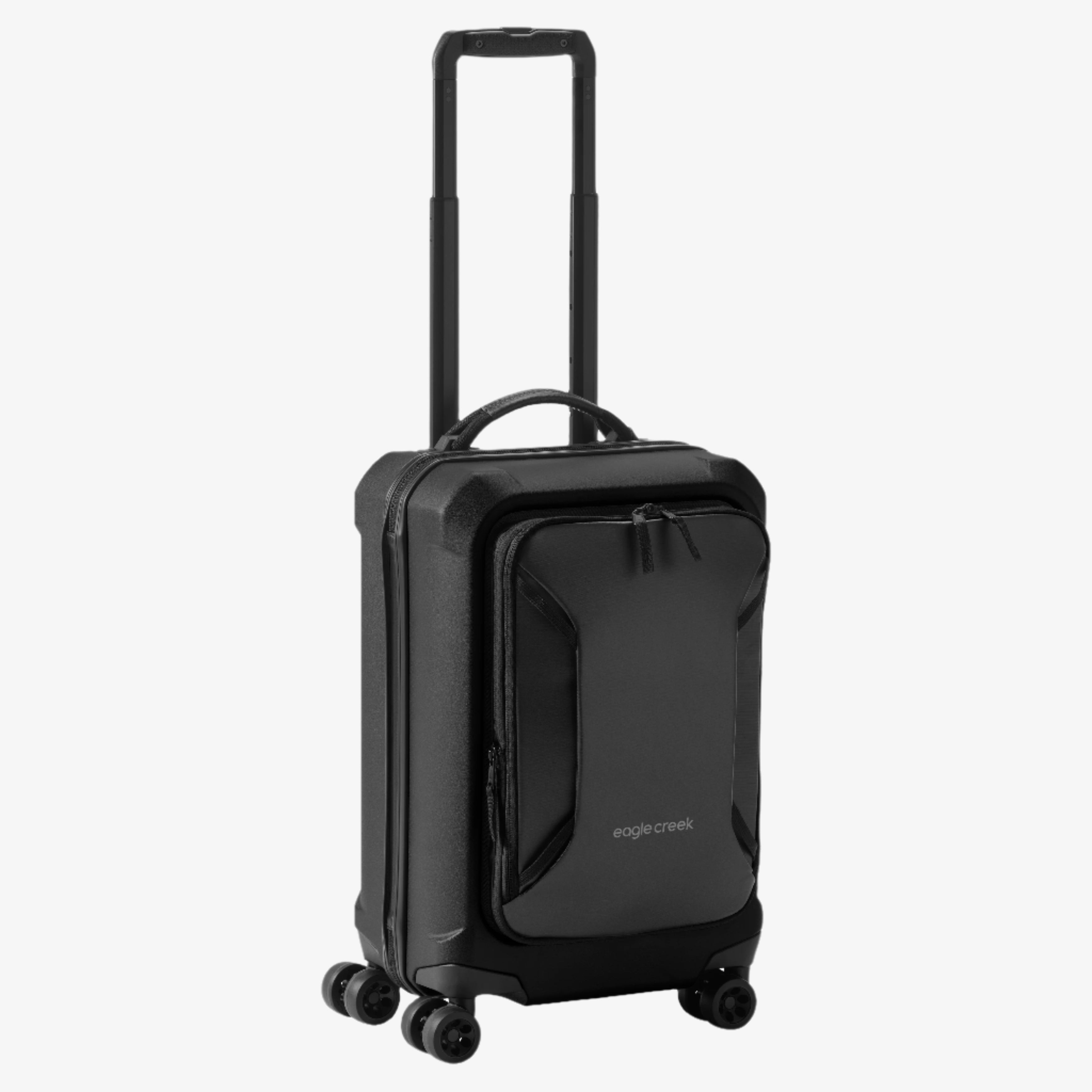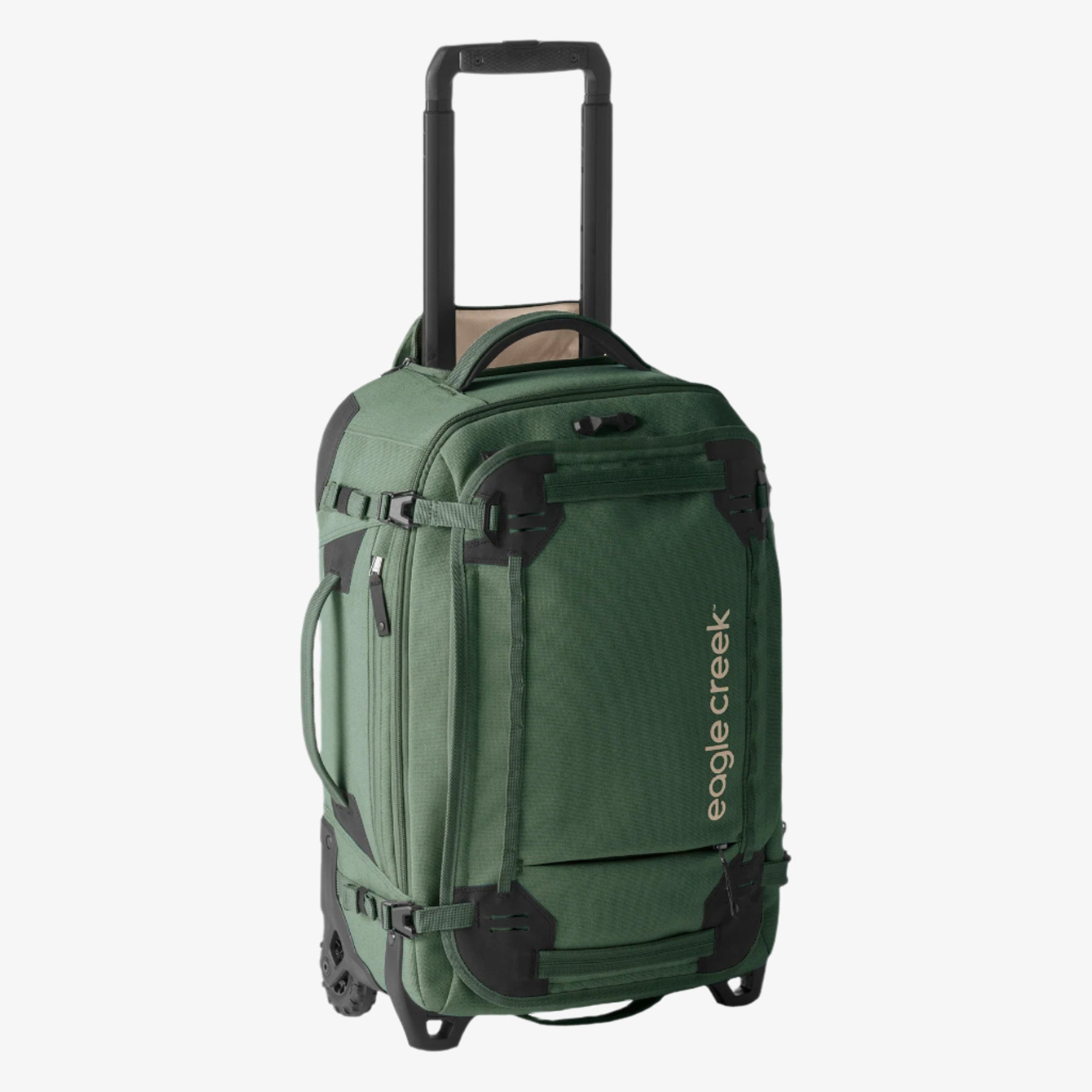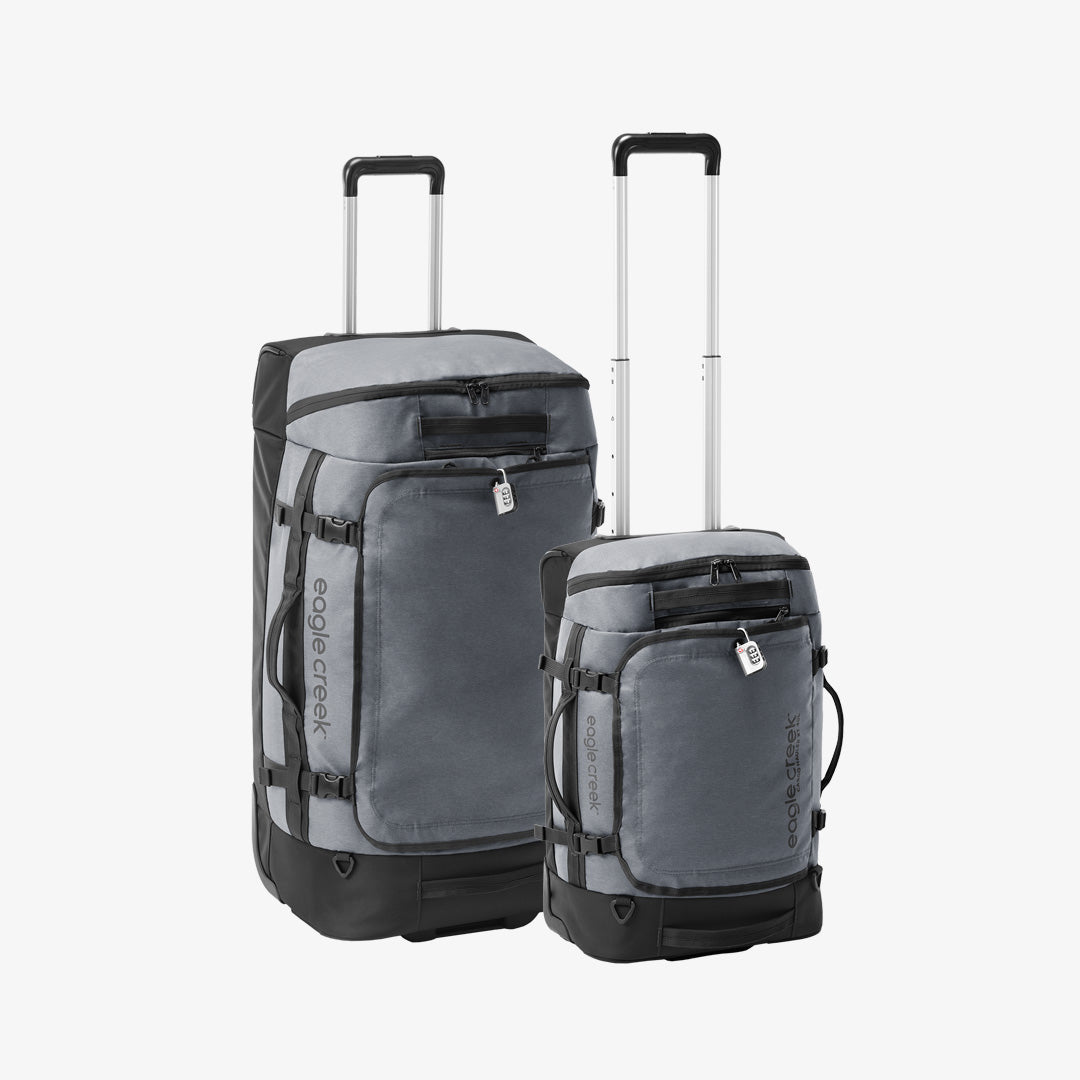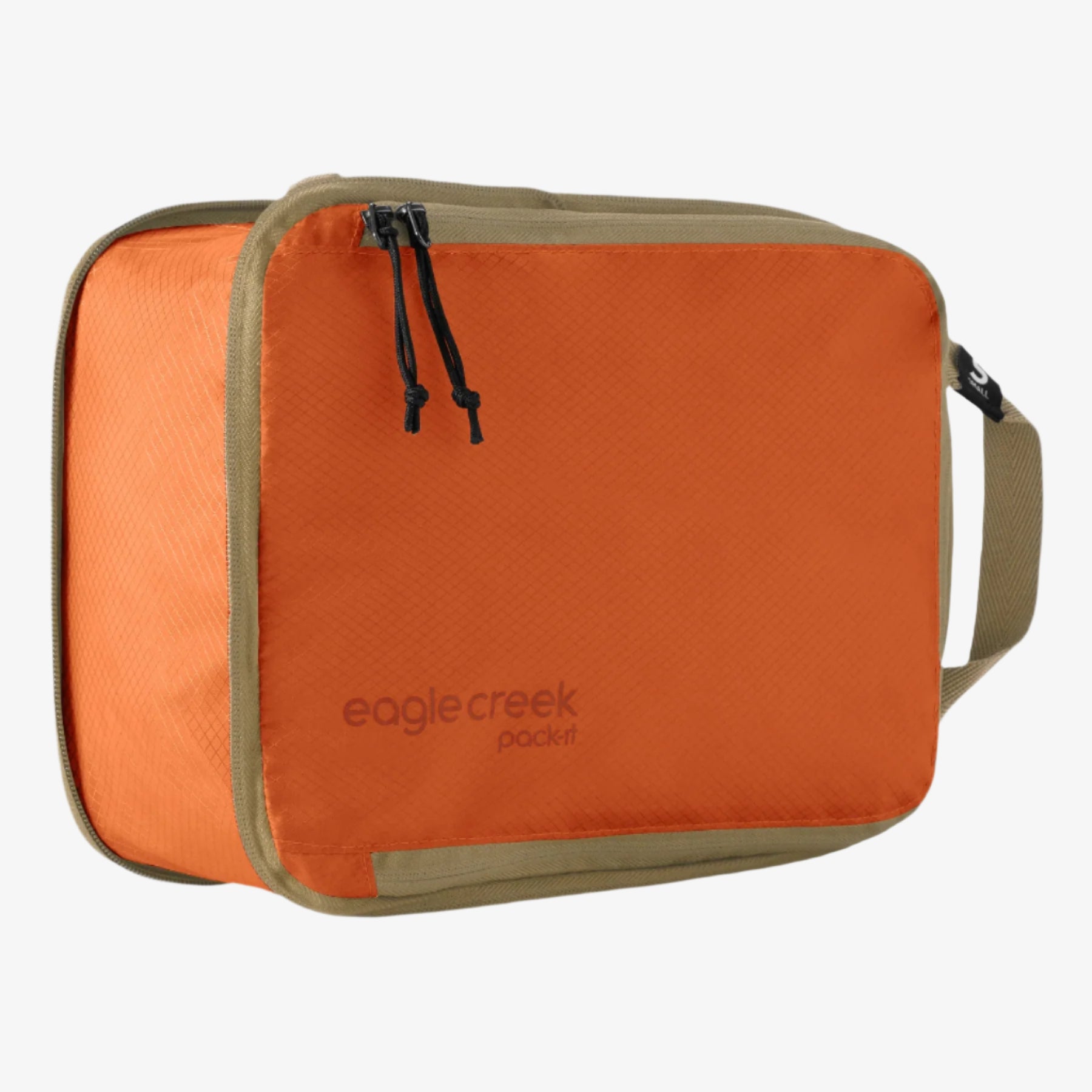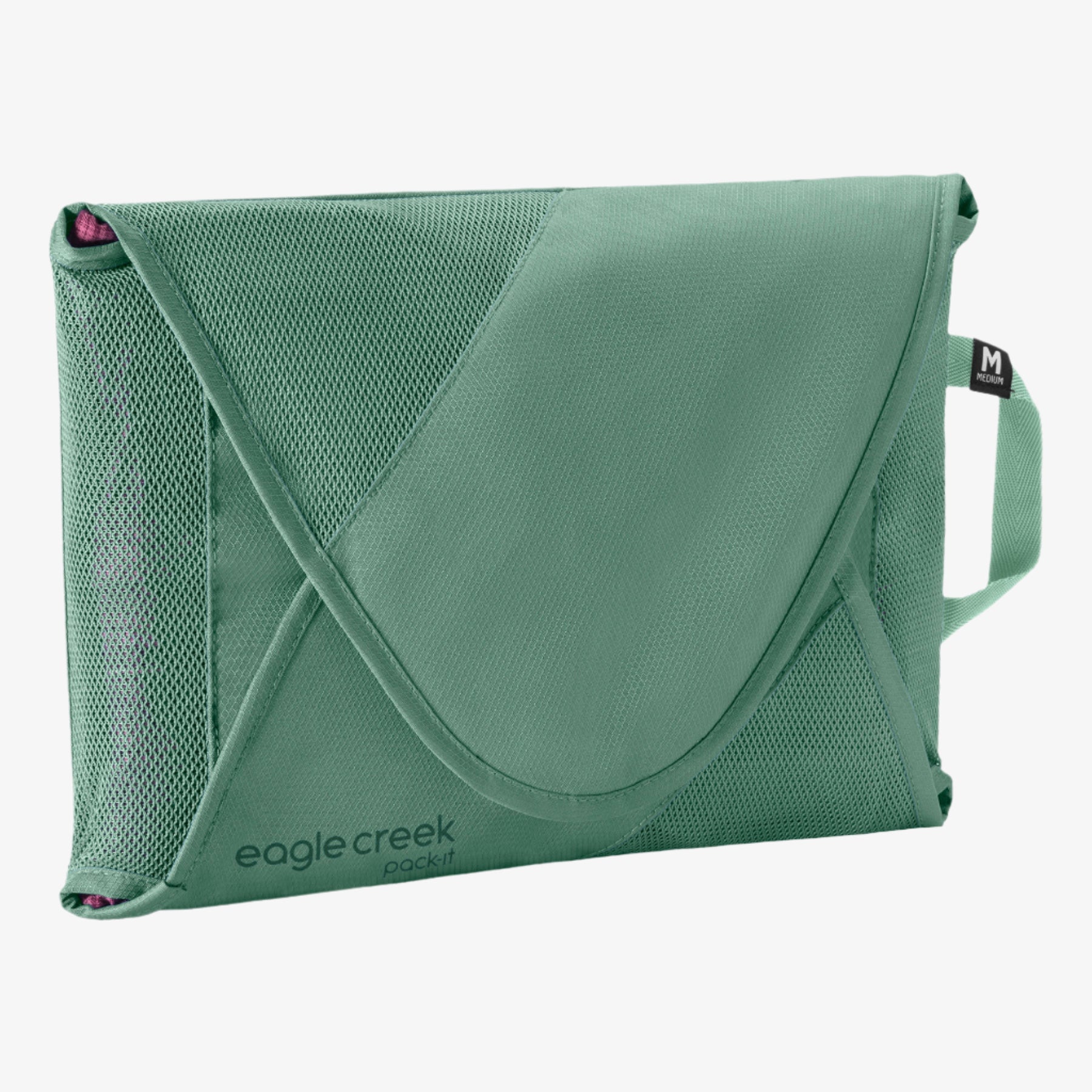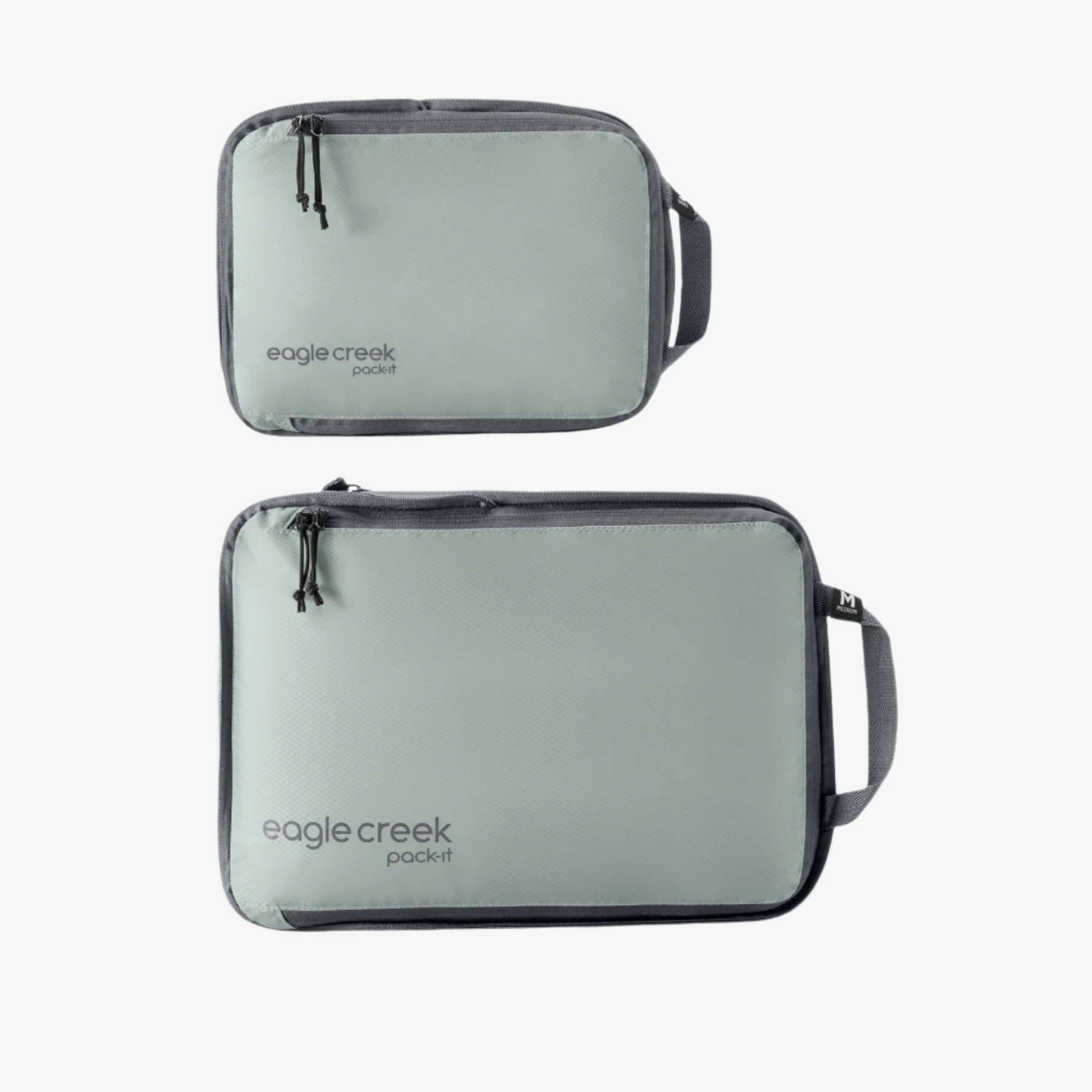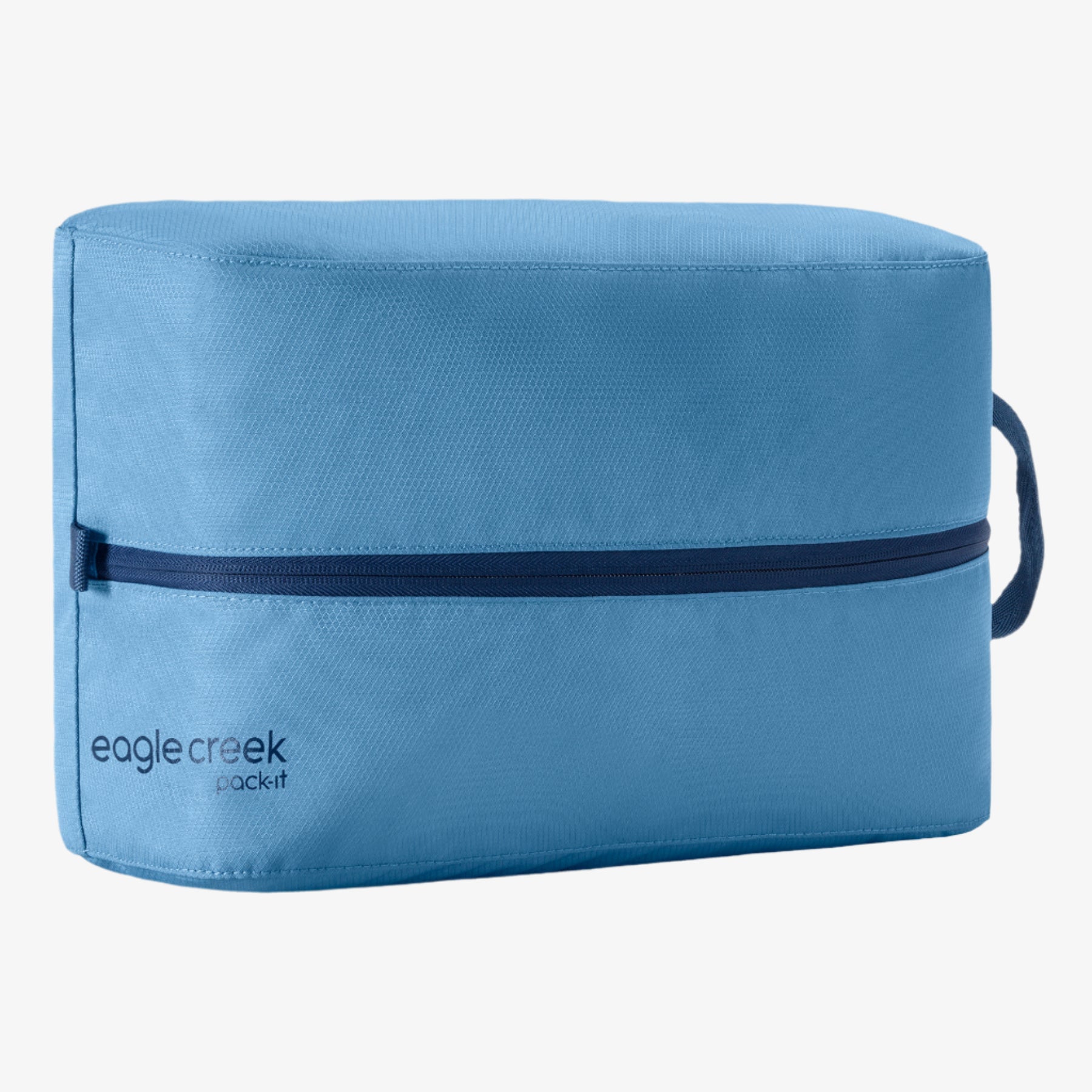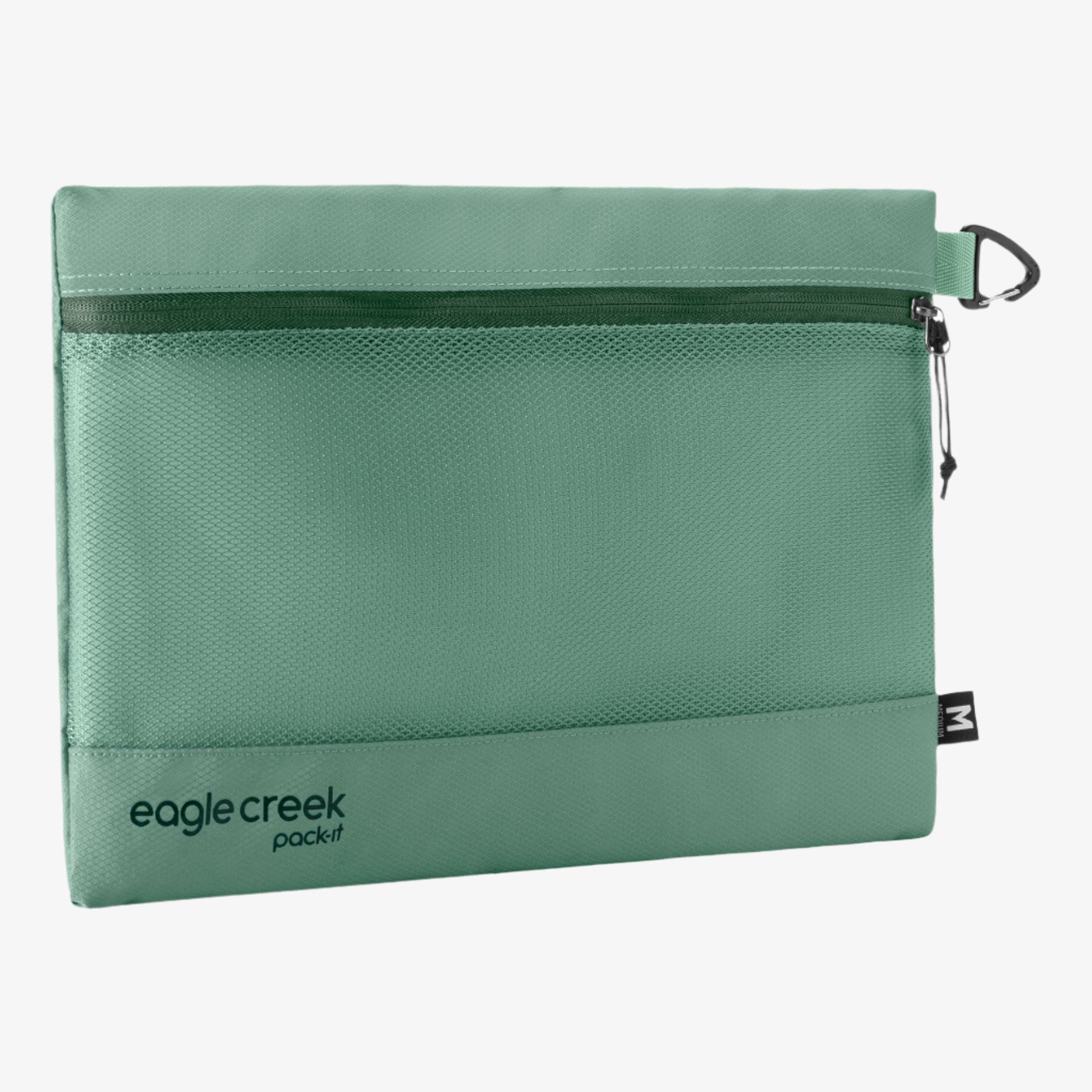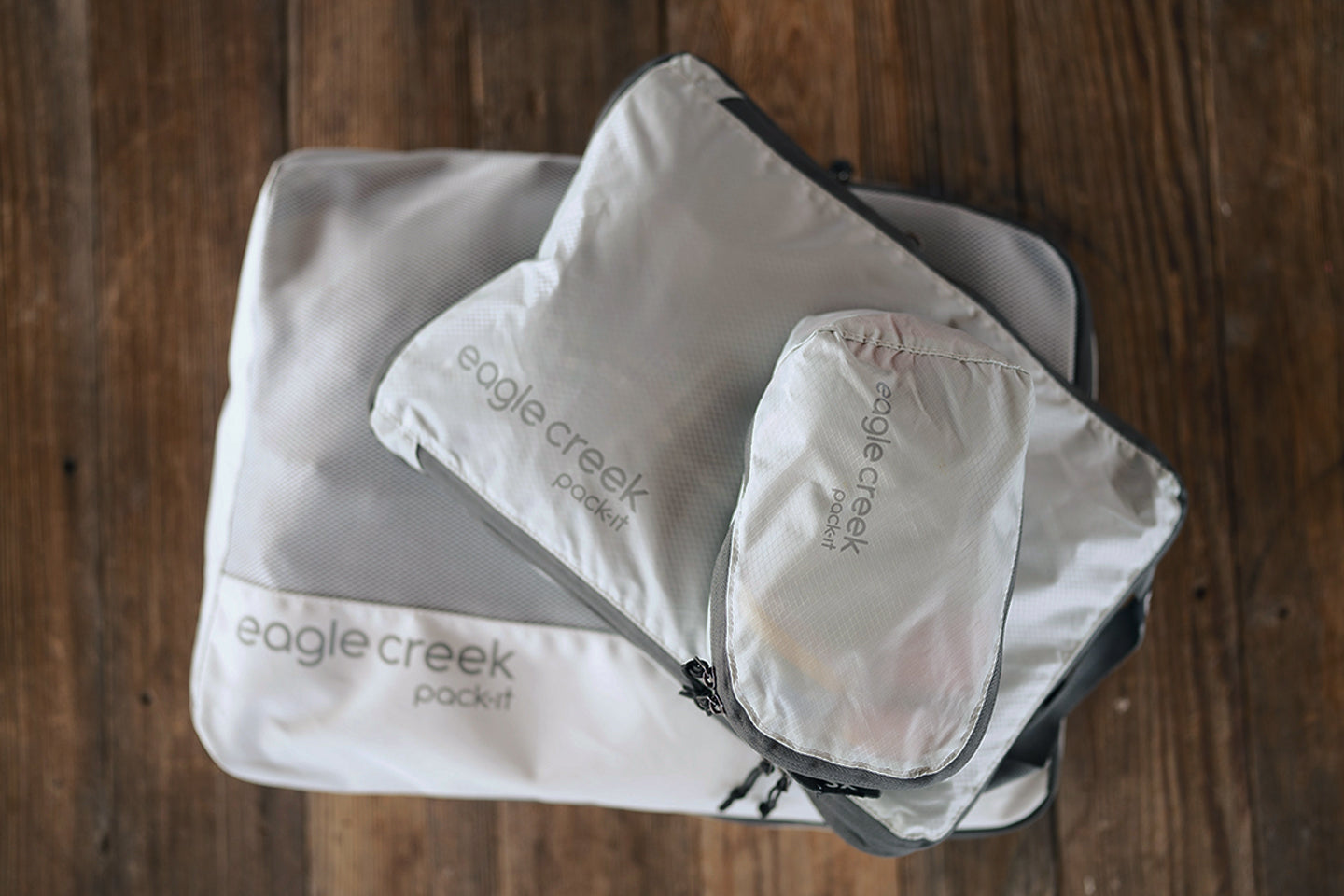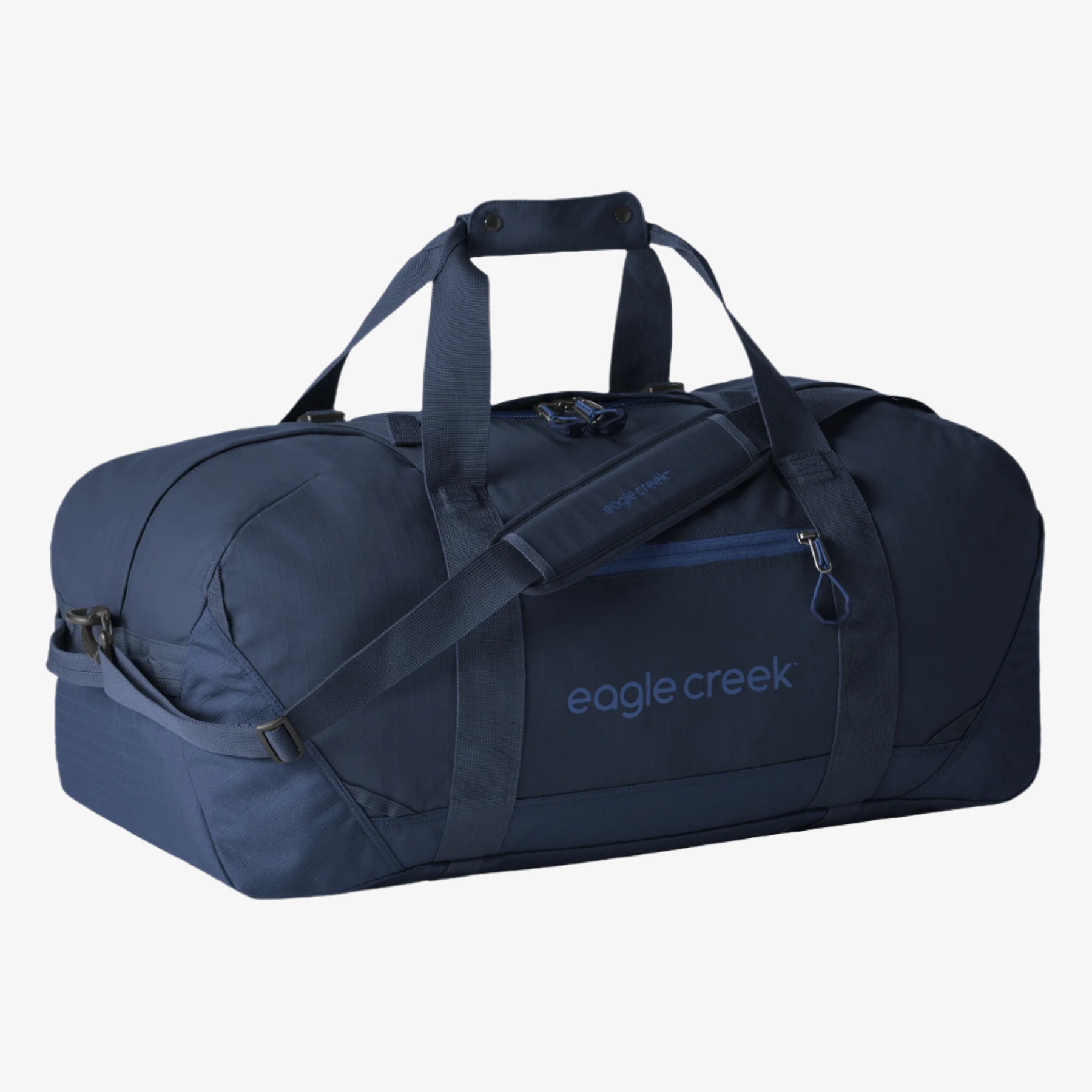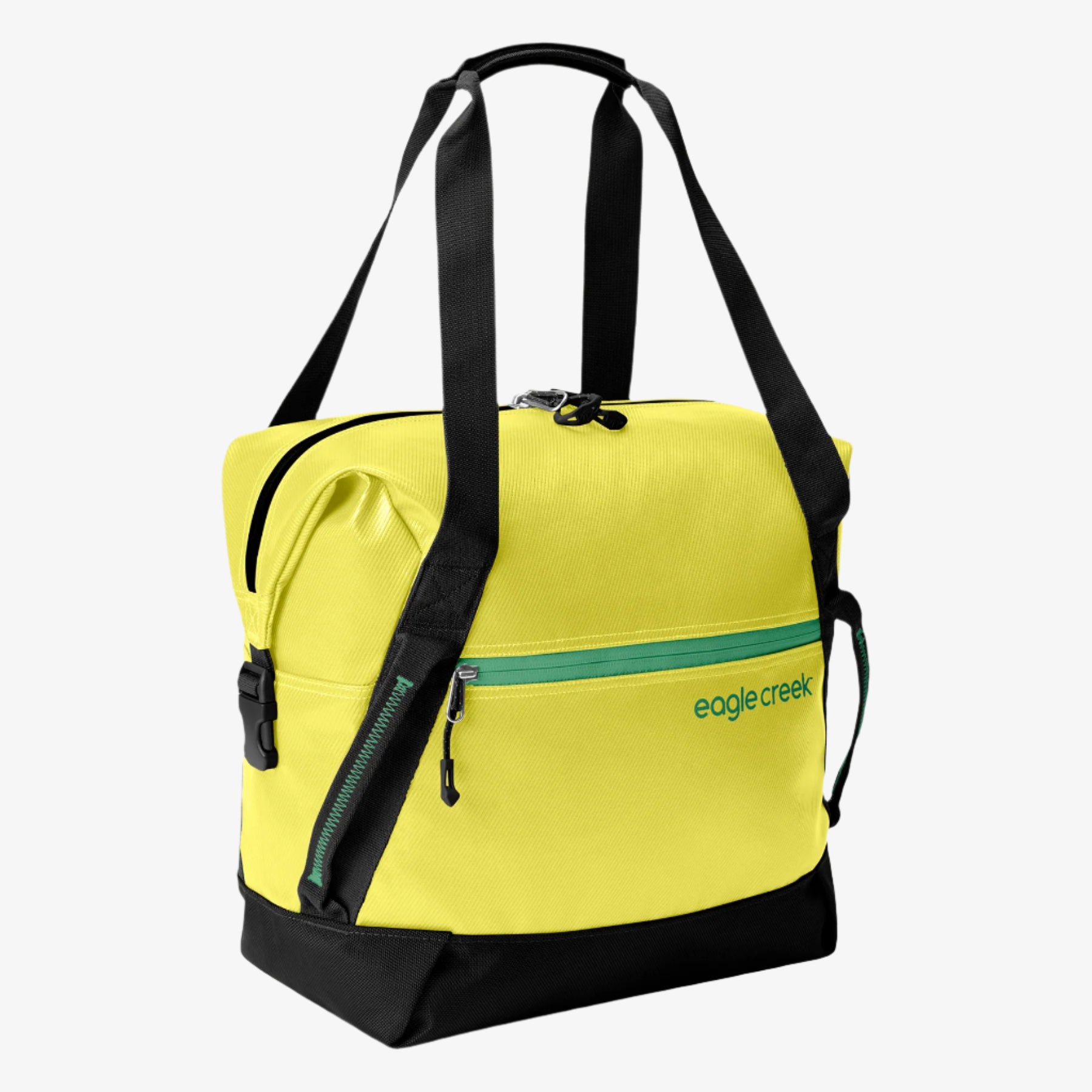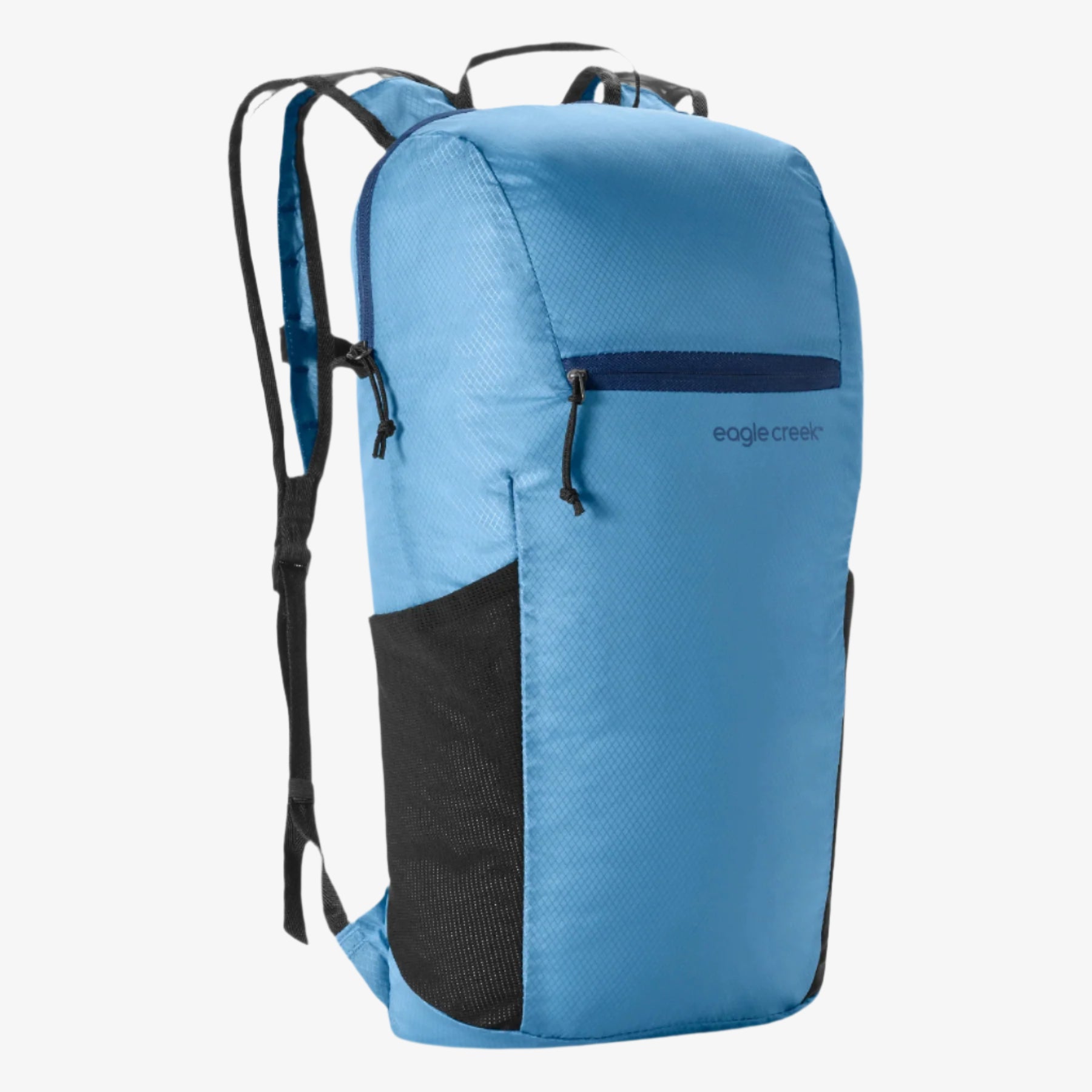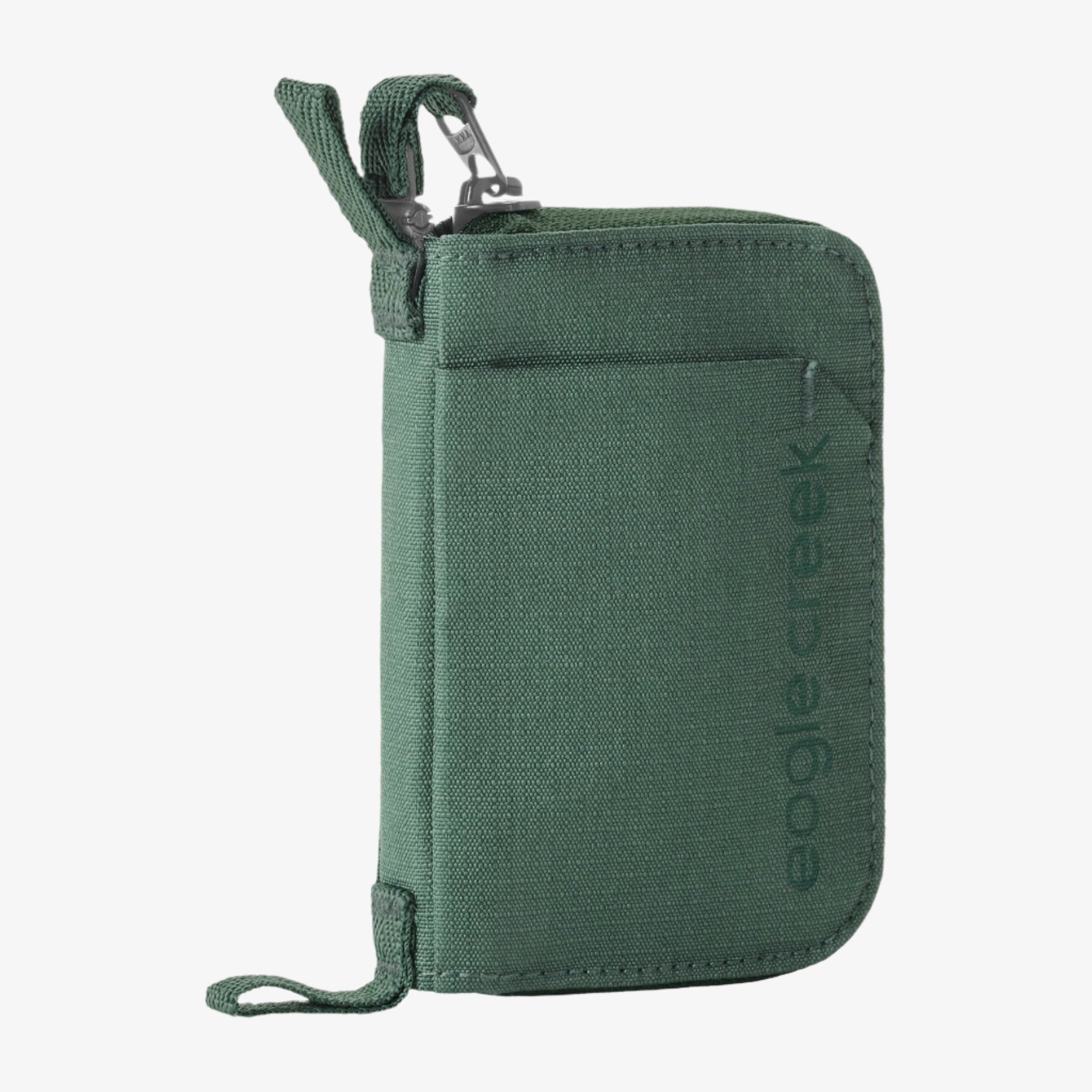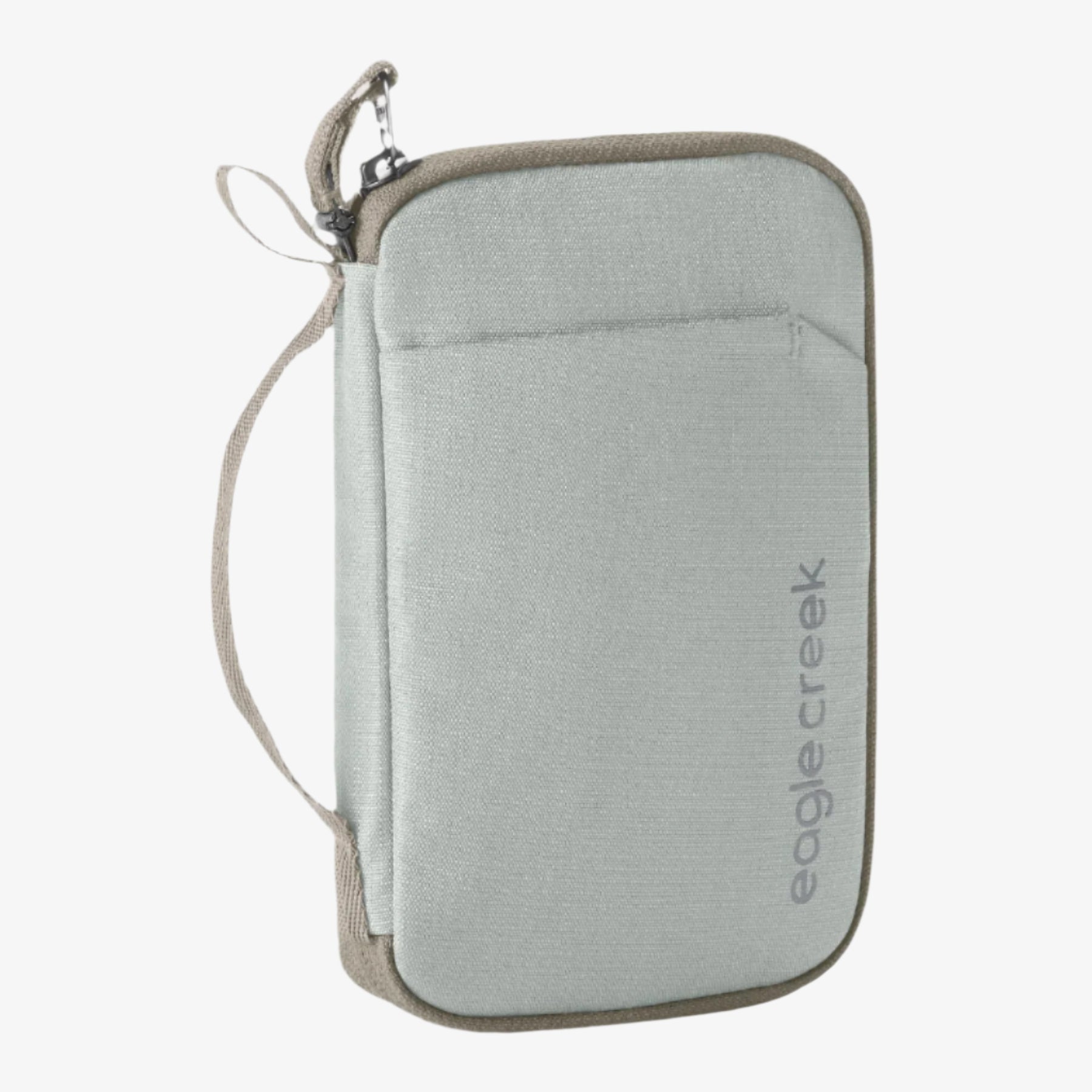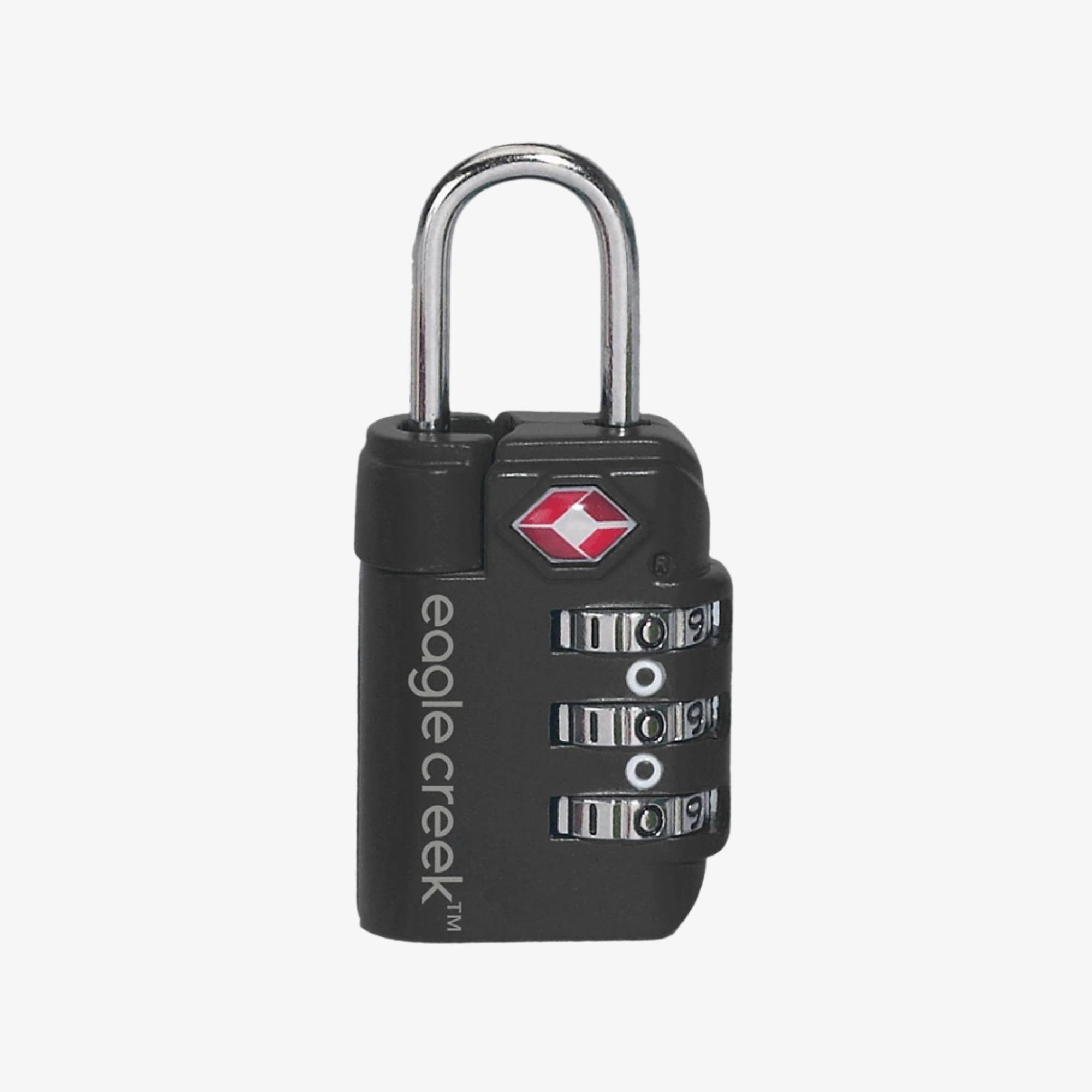Hotel, motel, Holiday Inn. Break free of the standard stay and take advantage of turndown service in a peer-hosted home.
Gone are the vacation days when you stepped out of a cab, squeezed yourself (and your carry-on) into the entrance of a hotel’s rotating door, and checked in at the front desk. Now, you can book something a little more personalized. With the surge in peer-to-peer rental companies—like HomeAway, VRBO, OneFineStay, and Airbnb—renting a room from a local is becoming increasingly popular and can make for a cozier stay. But, vacation rentals come with their own sets of rules and guidelines, as well as a little more risk. Whether you’re renting a room in midtown Manhattan, a vacation home on the Oregon coast, or an entire British castle (yes that’s an option), here are several tips to keep in mind. Go armed with knowledge, and you’ll rest easy once your head hits the pillow.
1. There are no “standard” accommodations.
Just as hotel meal offerings range from a large, fresh breakfast to a few stale continental rolls, different vacation rentals have different accommodations—there’s no one size fits all. Before you book, carefully consider your needs, so you can choose the rental that’s right for you.
Think about how many people you’ll be traveling with, the rental type you’re after (whether that’s a house, condo, or villa), and your ideal nightly rate. Many vacation rental sites include photos and list details about the space, the number of people it sleeps, amenities offered, and areas of guest access. Read through those details and decide whether they’ll be suitable for your trip. Knowing what you want out of your stay and comparing it with the listing information can also help you properly prepare. Perhaps you’ll realize that you need to pack eyeshades to block the morning light through those windows that have no blinds, or ear plugs to drown out any noise from that “conveniently located” bar next door.
2. They’re usually cheaper than hotels.
Some travel deals mean you trade quality for cost, but with peer-to-peer rentals, you can get just as many amenities—if not more. For instance, instead of having to pay $20 a day to rent a hotel mini fridge, you might get a full kitchen and, in some cases, even a washer and dryer.
While prices vary from city-to-city, Priceonomics found that you can save an average of 21.2 percent off estimated hotel costs when renting an apartment on Airbnb. And if you’re okay with renting just a private room at a host’s house, you can save nearly half the money that you’d spend at a hotel.
3. They allow you to delve into a neighborhood.
With vacation rentals, you can choose to stay in a neighborhood that has character, rather than a tourist-heavy area. Not only will you be able to bypass overpriced tourist traps, you’ll also be able to live the local life and experience your destination’s authenticity—including shops, restaurants, bars, and hangouts. Many hosts are even willing to provide an insider’s perspective and suggest must-visit spots.
4. They require some homework to ensure safety.
Peer-to-peer rental sites don’t generally require background checks for hosts or renters, so past user reviews can be one of your biggest assets—especially if the host will be present in the home during your stay. Check out guest-approved ratings to get an idea of what to expect. Look to see if the owner’s photos are verified (an option on some sites) for that extra sense of security.
Also, don’t hesitate to reach out to your host before booking. Emailing is fine, but arranging a phone call is even better, since you can get a better sense of the host's personality by hearing his or her voice. Remember, hosts are sharing their personal quarters, so they’re invested in the process, too. You can tell a lot by how quickly a host responds and by whether he or she is willing to answer your questions, like how close the nearest bus stop is or whether you can expect to be offered a cup of morning coffee.
Also, ask for a signed contract with clear rules before you confirm your stay. You always want everything in writing so there are no disagreements after the fact.
5. Cancellation policies vary depending on the host.
Peer-to-peer rentals come with their own cancellation policies. With Airbnb, for example, the host is free to choose among three different policies: flexible, moderate, and strict. If there’s even the slightest chance you’ll change your plans, be sure you understand exactly if and when you can cancel or modify, and the financial implications of doing so.
When booking your stay at a peer-to-peer rental, it’s important to be informed, but don't forget to show up with an open mind. Hosts want you to be comfortable and enjoy the city and, more often than not, they’re willing to provide you with guidance. Do your research beforehand, and always let a friend know where you’re staying, but also remember to be conversational and take full advantage of the local connection—it’s what separates your peer-to-peer rental experience from that of a big-box hotel.
While Eagle Creek is here to provide tips and insights on travel, we cannot accept any responsibility for any potential consequences arising from the use of this information. Always conduct your own research and use your best judgment.
Related Links (from Eagle Creek blog)
